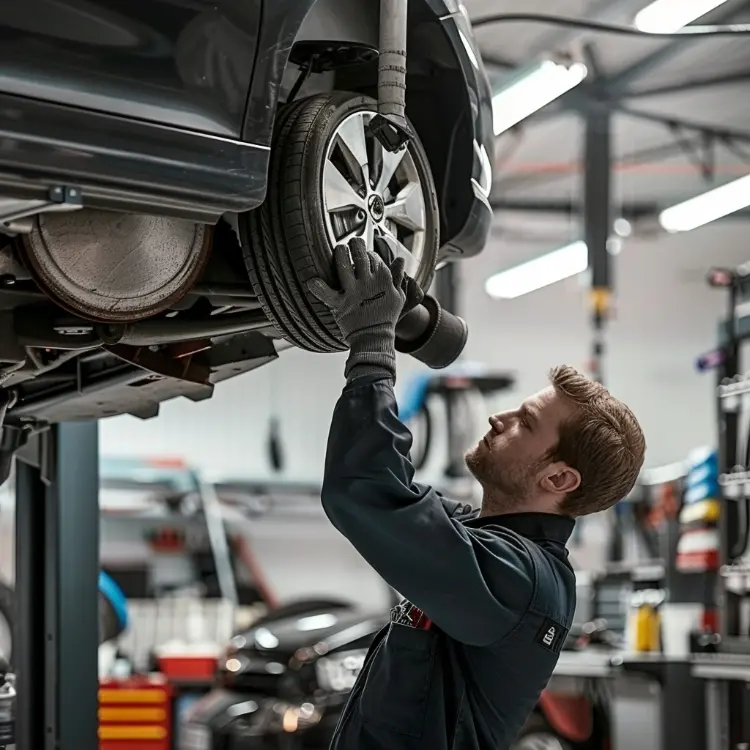Summary: Delaying brake repair can lead to severe consequences, including increased stopping distances, damage to other vehicle components, and even complete brake failure. Regular maintenance and timely repairs are crucial for ensuring vehicle safety and performance. This article delves into the risks associated with postponing brake repairs, backed by statistics and expert advice.

Brake repair is a critical aspect of vehicle maintenance that should never be postponed. Understanding the risks associated with delaying brake repairs can help you make informed decisions about your vehicle's safety and performance.
One of the immediate risks of delaying brake repair is an increased stopping distance. When brake pads wear down, you may need to apply more pressure and take longer to bring your vehicle to a complete stop. According to the National Highway Traffic Safety Administration (NHTSA), worn-out brakes can increase stopping distances by up to 20% (NHTSA).
Over time, neglecting brake repairs can lead to more severe damage to other components of your vehicle. For instance:
The most dangerous consequence of delaying brake repair is the potential for complete brake failure. This can occur due to excessive wear and tear on the braking system. According to a study by the Insurance Institute for Highway Safety (IIHS), brake failure is a contributing factor in approximately 5% of all vehicle crashes (IIHS).
To avoid these risks, it's essential to have your brakes inspected at least once a year. Regular inspections can help identify issues before they become severe, saving you time and money in the long run.
Whenever you notice a change in your braking system, such as unusual noises or a decrease in braking efficiency, it's crucial to address the issue immediately. Delaying repairs can lead to more significant problems and higher repair costs.
Finding a reliable local mechanic to handle your brake repairs is vital. A trusted professional can provide accurate diagnostics and quality repairs, ensuring your vehicle remains safe to drive.
Delaying brake repair is a risk not worth taking. The potential for increased stopping distances, damage to other vehicle components, and complete brake failure underscores the importance of timely maintenance. Regular inspections and prompt repairs can save you money and, more importantly, ensure the safety of you and your passengers. Don't wait for a problem to escalate; address brake issues as soon as they arise to maintain optimal vehicle performance and safety.

Searching for the Best Deals Offered by Local Banks
Which of the local banks should you work with? There are several reasons for consumers to shop around and find the best deals. Read on to learn more.
Apparel Comes With Many Options
When it comes to apparel, the choices are unlimited. You have a certain style and you can match this by choosing the right types of clothing for your taste and style.
Get Involved in Athletics
Choosing a university is a pivotal decision that extends beyond academics. While academic excellence is crucial, considering other aspects like athletics and music departments can significantly enhance your college experience. This article delves into why you should factor in a university's athletics department when making your choice, offering insights, stats, and tips to help you make an informed decision.